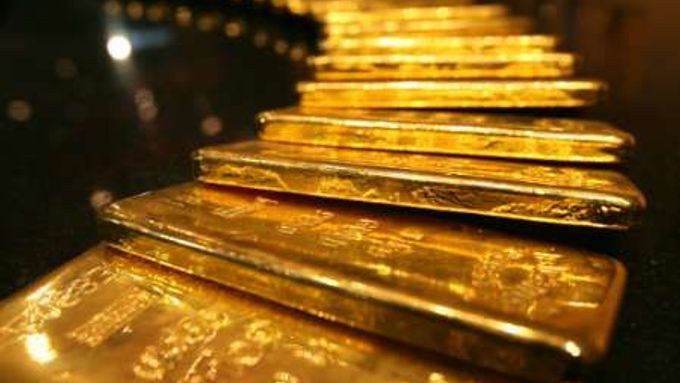Prague - Staggering gold prices on world markets have prompted a new wave of interest in exploration and mining of gold in the Czech Republic.
Four firms have applied to the Environment Ministry for gold exploration licenses in six territories in Central and South Bohemia, including Kasperske Hory, the Czech Republic's largest gold deposit estimated at 100 tons of the precious metal worth CZK 130 billion (EUR 5.2 billion).
Environment Minister Tomas Chalupa said that his office will look at each application individually, determining whether it complies with the law on geological works as well as the natural resource and environmental policies.
Ministry plans to explore giant black coal deposit
Shale gas fever mounts in Austria, Czech Republic
The ministry reminded that the natural resource policy approved in 1999 does not prohibit exploration and mining of gold in the Czech Republic, but appreciates the significant impact these activities have on the environment.
The Kasperske Hory municipality has already voiced its negative stance towards possible exploration works on its territory.
Chairman of the Czech Gold Association Petr Moravek said that the resistance of local people and politicians is the largest obstacle to exploration for gold deposits.
Moravek puts his hopes on a new natural resource policy being prepared by the Industry Ministry. The government is expected to discuss the draft policy soon.
Industry Minister Martin Kuba believes that gold and other precious metals may pull the Czech Republic out of its economic crisis.
The Czech territory hides hundreds of tons of gold worth as much as CZK 400 billion (EUR 16 billion). Global gold prices have been growing since the start of the crisis in 2008, currently they are at USD 1,760 per ounce.
The Industry Ministry says that the absence of exploration works for gold in the Czech Republic is unique in the EU.
The draft of the new natural resource policy says that gold is mined in Sweden, Spain, Finland, Greece, Bulgaria, Rumania and Slovakia, with exploration works being routinely carried out in other EU countries as well.
The document also says that mining would satisfy domestic demand for gold, which currently has to be imported.
